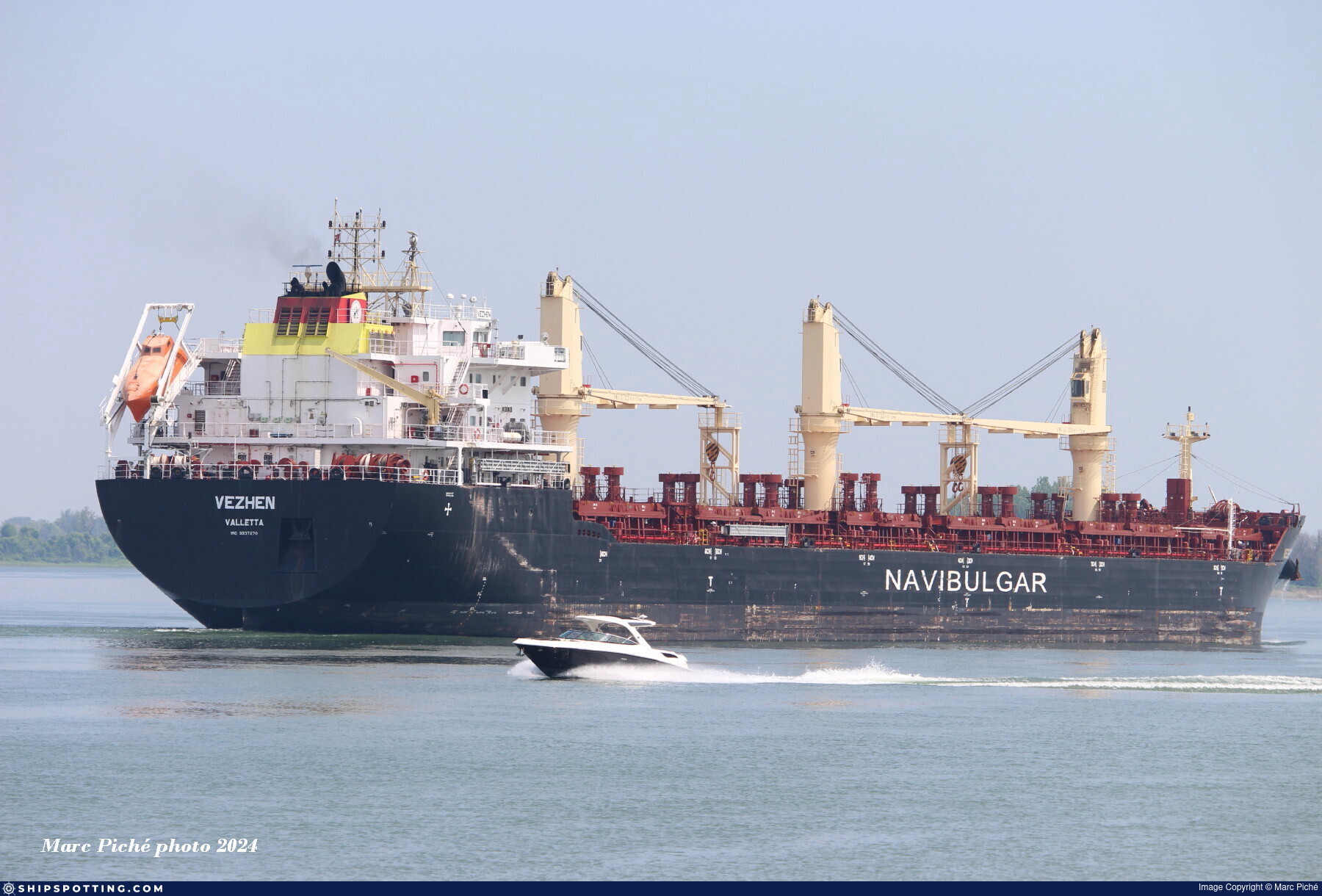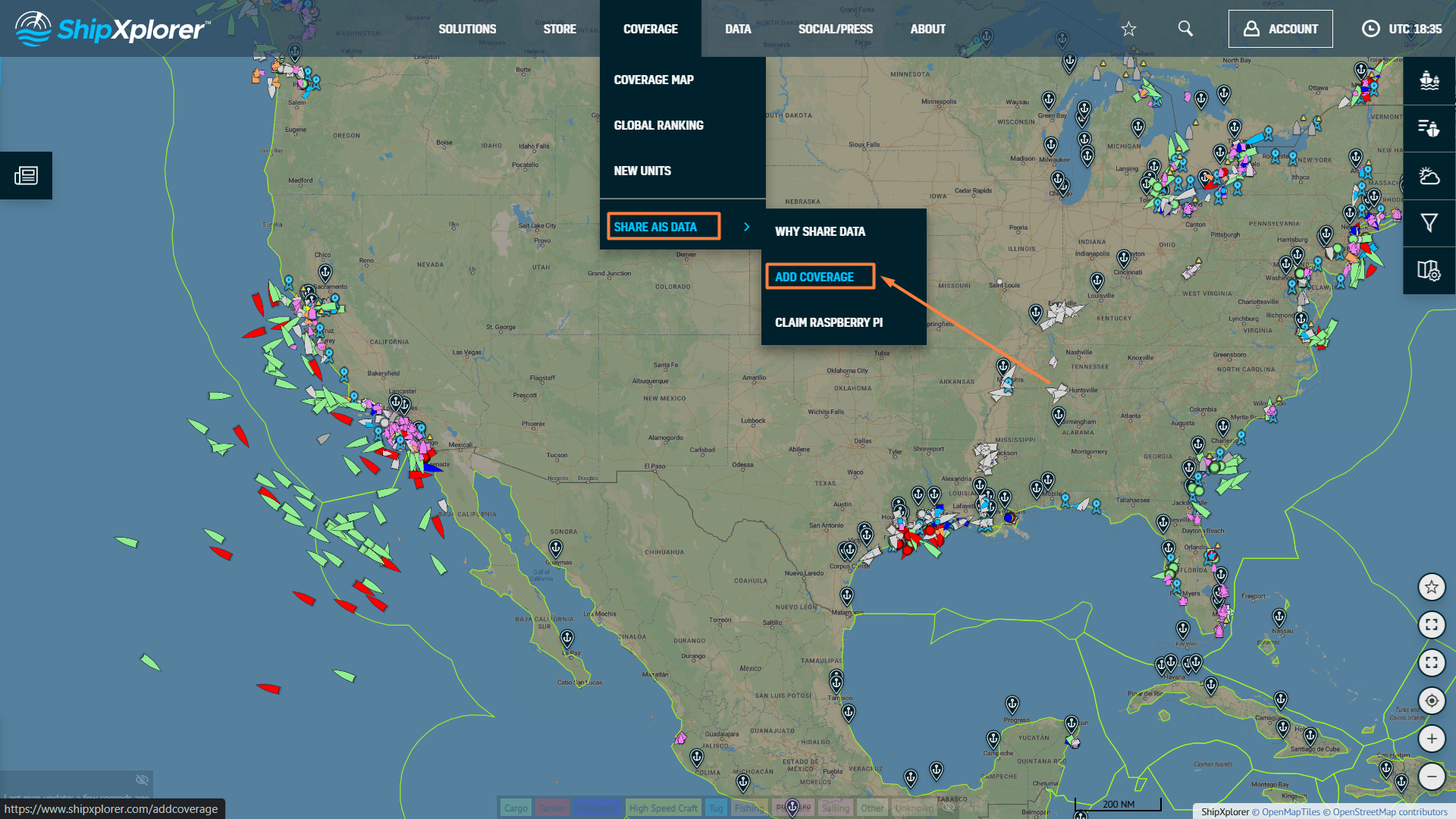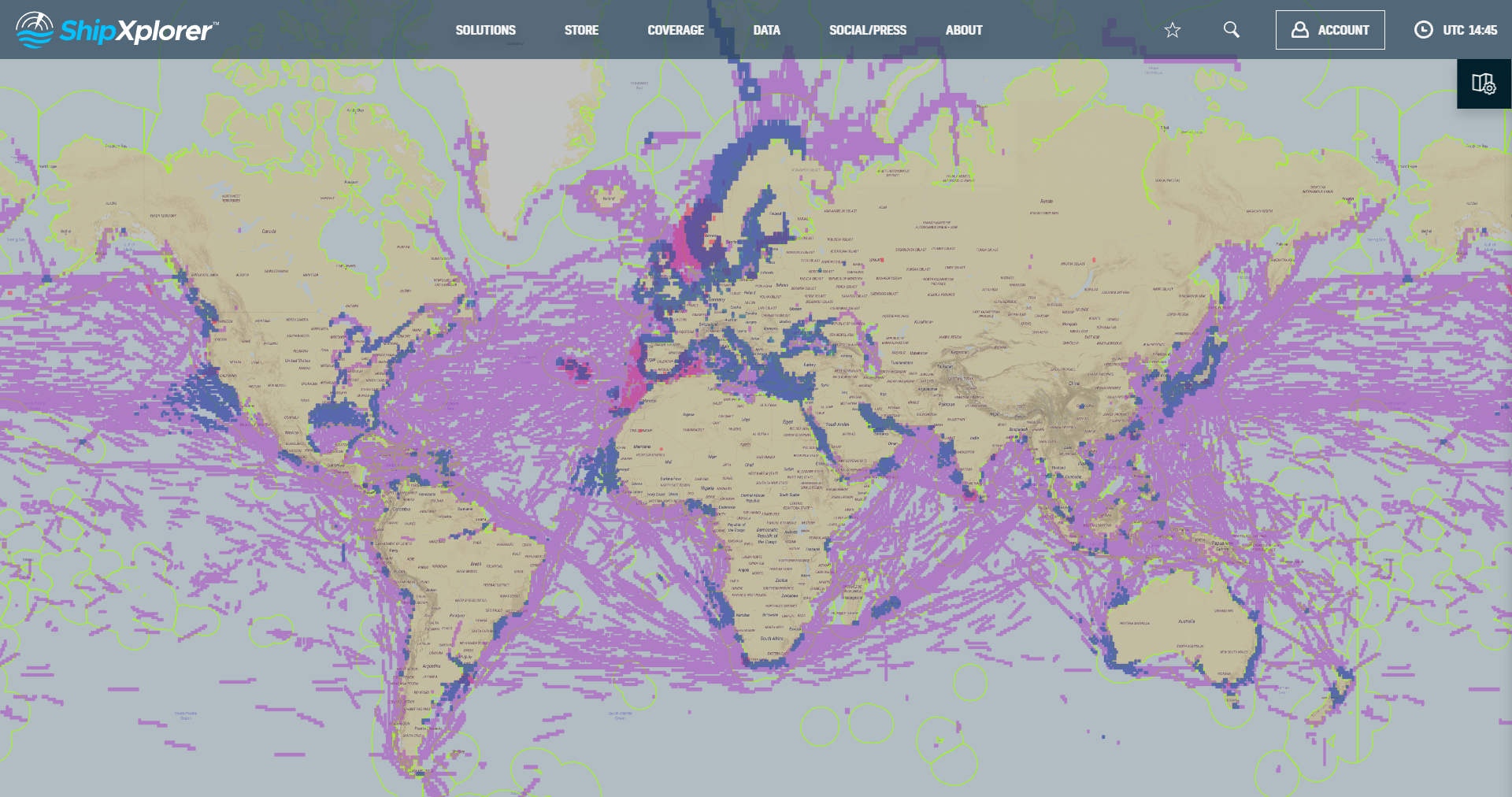Sweden Seizes Vessel After New Cable Breach in the Baltic Sea

Photo Source: Marc Piché - ShipSpotting.com
Swedish authorities have launched a preliminary investigation into suspected sabotage after an undersea data cable connecting Latvia and Sweden was damaged. Sweden has detained a vessel in the Baltic Sea as part of the probe. This is the latest in a series of disruptions to critical infrastructure in the region.
Incident Overview
Latvian Foreign Minister Baiba Braze confirmed that the undersea fiber-optic cable was “significantly damaged.” However, she reassured the public that the operator was prepared and prevented data loss or transmission. The crisis scenario worked,” she stated while speaking to reporters in Brussels. The damage prompted an intensive effort to identify the vessel responsible.
Latvia, a NATO member, is collaborating with the alliance and Baltic Sea nations to conduct patrols, inspect vessels, and determine the cause of the incident. Latvian Prime Minister Evika Silina emphasized the importance of joint regional efforts to ensure security in the Baltic Sea.
Vessel Detention and Investigation
Swedish officials confirmed that they had boarded and detained the Malta-flagged Vezhen as part of their investigation. The Swedish national police, coast guard, and armed forces are all involved in the inquiry, with senior prosecutor Mats Ljungqvist leading the legal proceedings.
The Bulgarian shipping company owns the vessel in question and denied any involvement in sabotage. The company attributed the incident to an emergency caused by lousy weather and expressed its willingness to cooperate fully with authorities.
Growing Security Concerns
This latest cable breach is the fourth incident in the Baltic Sea since last year. Although none have caused significant disruptions, the frequency of these incidents has raised alarms among European security officials. NATO officials have accused Russia of conducting a “destabilization campaign” against Western nations, but Moscow has consistently denied any involvement.
In response to these threats, European authorities have increased security around critical infrastructure in the Baltic Sea. Earlier this month, NATO launched a new patrol and surveillance operation to safeguard energy and communication links.
Pattern of Incidents and Unresolved Questions
Investigations into previous incidents have suggested that ships traveling to and from Russian ports may have inadvertently severed key undersea links. However, U.S. and European intelligence officials have found no evidence of deliberate sabotage and have attributed these incidents to poorly maintained vessels and inexperienced crews.
Despite this, Lithuanian Foreign Minister Kestutis Budrys voiced skepticism, stating that the frequency of such accidents suggests a more concerning pattern. “There have been too many accidents in such a short period to continue to profess the theory of accidents,” he said.
Context and Recent Developments
In a previous Baltic Sea incident, Finnish authorities seized an oil tanker in December after it was suspected of dragging its anchor across a power line connecting Finland and Estonia. The vessel was reportedly part of a “shadow fleet” of aging tankers used to transport Russian oil in defiance of Western sanctions.
Finnish Foreign Minister Elina Valtonen urged caution in interpreting the latest incident and emphasized the need for thorough investigations. However, she warned of the broader risks posed by these unregulated vessels, referring to the “rusty tankers” as a growing threat to environmental safety and critical infrastructure.
READ NEXT...

- ais-dispatcher
- ais-hub
- shipxplorer
- ship-tracking
- ais-data
- ais-coverage
- blog
2025-10-20 18:20 UTCHow to share AIS data to ShipXplorer with AIS Dispatcher
Did you know? You can now share AIS data with ShipXplorer? Read our blog to learn more!
- arctic
- north-pole
- le-commandant-charcot
- north-pole-expedition
- 50-years-of-victory
- russia
- ukraine
- russian-ukrainian-war
- war
- peace
- ship
- blog
2023-07-21 16:37 UTCA Symbolic Encounter: Le Commandant Charcot and Russian Arktika-class nuclear-powered icebreaker 50 Years of Victory Extend a Message of Peace At the North Pole
Today, we have an extraordinary tale to share, one that unfolded amidst the awe-inspiring beauty of the Arctic. Against the backdrop of the Russia-Ukraine war, this encounter took on a profound meaning as the two ships exchanged waves of peace in the far reaches of the North Pole. Read about this symbolic moment on our blog!
- shipxplorer
- ship-industry
- vessel-tracker
- ship-tracker
- ais
- hardware
- blog
2022-09-04 15:09 UTCSharing AIS data with ShipXplorer
Read our blog post and learn how to share AIS data and the benefits of being a ShipXplorer feeder.
 Facebook
Facebook X
X